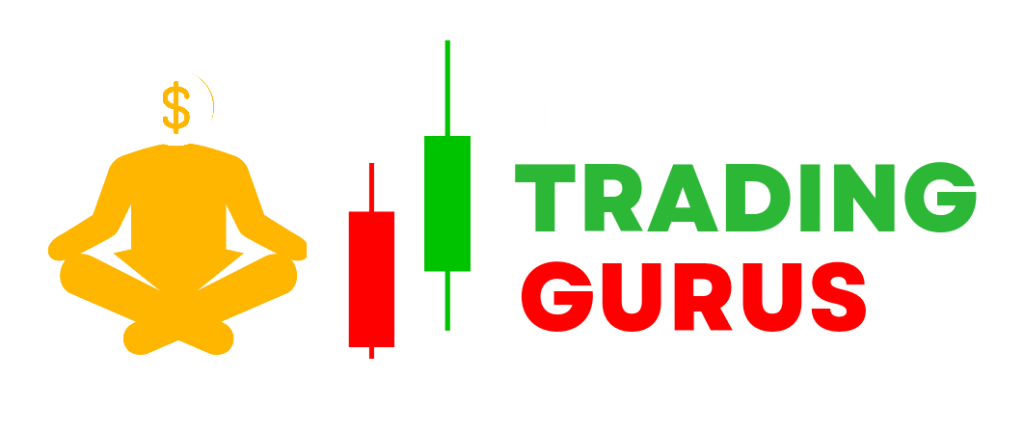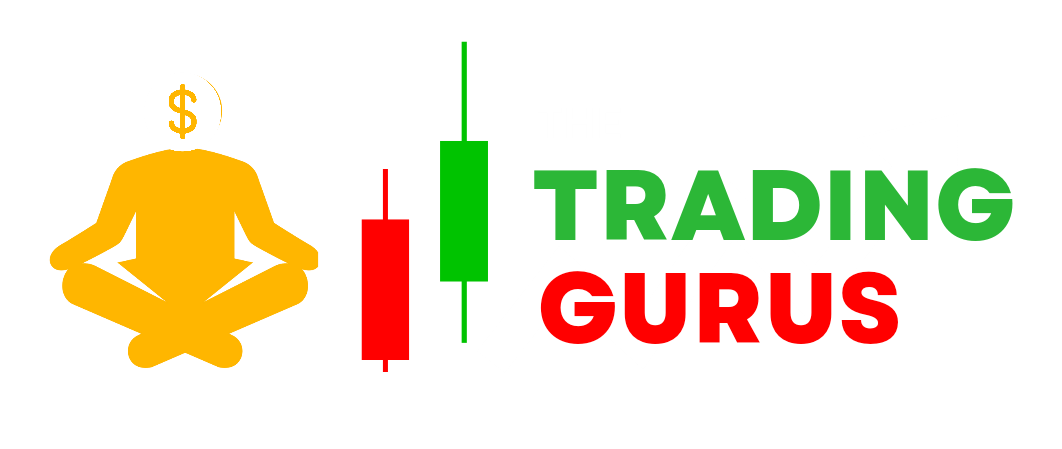Forex Trading Regulations in Norway

Introduction
Forex trading, also known as currency trading or foreign exchange trading, has gained significant popularity among investors in Norway. As with any financial market. Furthermore, forex trading is subject to regulations to ensure fair practices and protect investors’ interests. In this article, we will explore the forex trading regulations in Norway, providing an overview of the key rules and guidelines that traders need to be aware of. Contact now if you want to trade in Norway without regulations.
Regulatory Authority is a forex Trading Regulation in Norway
The primary regulatory authority overseeing forex trading in Norway is the Financial Supervisory Authority of Norway. Finanstilsynet is responsible for supervising and regulating financial markets and institutions to maintain the stability. Also, It is responsible in maintaining integrity of the Norwegian financial system.
Licensing Requirements is an important Forex Trading Regulations in Norway
In Norway, forex brokers and financial institutions offering forex trading services must obtain a license from Finanstilsynet. This license ensures that the broker operates in compliance with the necessary regulations. Also it makes sure it meets certain financial and operational standards. As an investor, it is essential to ensure that the forex broker you choose is regulated and holds a valid license from Finanstilsynet.
Investor Protection plays a great role in Forex Trading Regulations in Norway
The regulatory framework in Norway emphasizes investor protection. Forex brokers are required to implement measures to safeguard client funds and maintain segregated accounts. This ensures that client funds are kept separate from the broker’s operational funds. However, minimizing the risk of misuse or misappropriation. Additionally, regulated brokers are obliged to provide transparent and accurate information to clients, including risks associated with forex trading and the potential for financial losses.
Capital Requirements
Forex brokers in Norway must meet specific capital requirements to ensure their financial stability. These requirements are designed to ensure that brokers have sufficient capital to cover operational expenses and potential liabilities. By imposing capital requirements, the authorities aim to reduce the risk of broker insolvency and protect clients’ funds.
Advertising and Marketing
Forex brokers in Norway are subject to regulations regarding advertising and marketing practices. They must ensure that their promotional activities are fair, transparent, and not misleading to clients. Any claims or representations made in advertisements must be accurate and supported by evidence. Moreover, this regulation aims to protect investors from deceptive marketing practices and ensure that they have access to reliable and truthful information.
Anti-Money Laundering (AML) and Know Your Customer (KYC)
Forex brokers in Norway are required to adhere to strict anti-money laundering regulations and implement robust Know Your Customer procedures. Furthermore, it involves verifying the identity of clients and conducting due diligence to prevent money laundering, terrorist financing, and other illicit activities. Users may be required to provide identification documents, proof of address, and other information as part of the KYC process.
Complaints and Dispute Resolution
Norway has established mechanisms for handling complaints and resolving disputes between investors and forex brokers. If you encounter any issues or have concerns regarding a regulated forex broker. Also, you can submit a complaint to Finanstilsynet. Additionally, the authority will investigate the matter and take appropriate actions to ensure a fair resolution.
It is crucial for investors in Norway to choose regulated forex brokers that comply with the country’s regulations. Before engaging in forex trading, carefully research and select a broker that is licensed by Finanstilsynet and has a positive reputation in the industry. Consider factors such as regulatory compliance, trading conditions, customer support, and the broker’s track record. Additionally, it is recommended to familiarize yourself with the regulations and guidelines provided by Finanstilsynet to ensure that you are aware of your rights and obligations as a forex trader in Norway.
Conclusion
forex trading in Norway is subject to regulations enforced by the Financial Supervisory Authority of Norway (Finanstilsynet). These regulations aim to protect investors, maintain market integrity. Also, ensure fair practices in the forex market. By choosing regulated brokers, understanding the regulations. Also, staying informed, investors in Norway can engage in forex trading with confidence, knowing that


